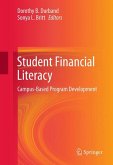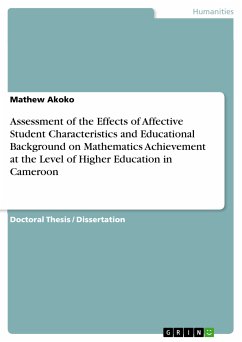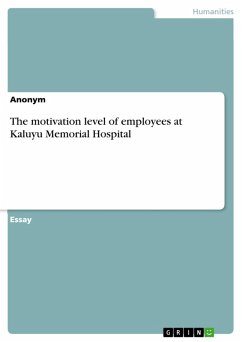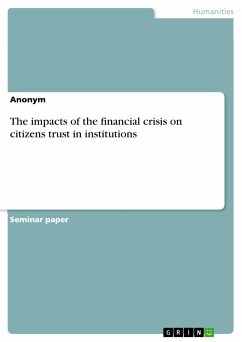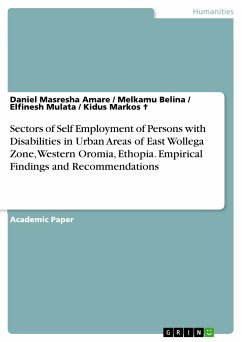Seminar paper from the year 2014 in the subject Sociology - Miscellaneous, grade: 1,0, University of Applied Sciences Dortmund (Fachbereich Wirtschaft), language: English, abstract: The severe consequences of the current financial crisis have reaffirmed the great lag in financial knowledge. Apart from the change of economic conditions, there is also the demographic barrier, which poses a risk to every individual. Therefore, individuals need to understand financial information in order to be able to react adequately. However, research suggests that financial literacy is low on a global scale, showing concerning gaps between certain groups that may be attributable to financial insecurity and old-age poverty. In light of these findings, an empirical snapshot of the level of financial literacy and retirement planning is given, observing 165 students and non-students, of German and non-German nationality, aged between 20 and 30. The findings suggest that the research findings still apply to the current status. With regard to the financial literacy test, we find that overall only less than half of all respondents were able to answer all three questions correctly. With regard to the groups, women score lower than men; students do better than non-students. In addition, we found that age and nationality are not of importance, while the professional background - at least in our sample - can lead to a better test score. As a consequence, a female non-student working in/studying a nonbusiness/ economics-related field/discipline is most endangered. With regard to the savings behavior, we see differences among gender and academic backgrounds implying that male students save on average more often, putting female non-students at risk. We did not find a statistically significant link between the financial literacy test score and savings behavior in our sample.
Dieser Download kann aus rechtlichen Gründen nur mit Rechnungsadresse in A, B, BG, CY, CZ, D, DK, EW, E, FIN, F, GR, HR, H, IRL, I, LT, L, LR, M, NL, PL, P, R, S, SLO, SK ausgeliefert werden.



